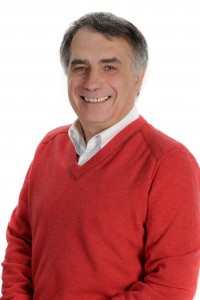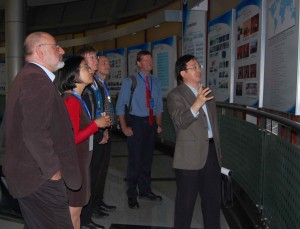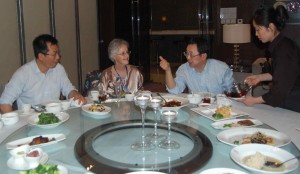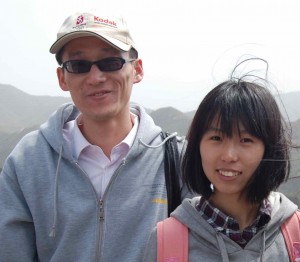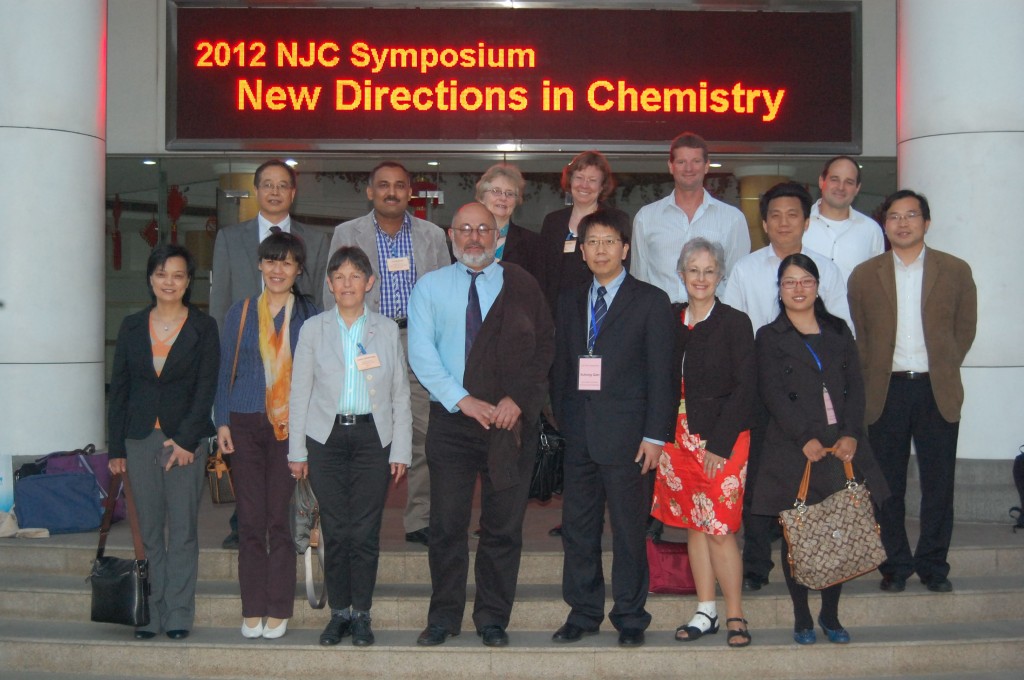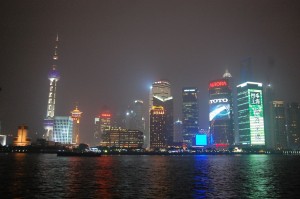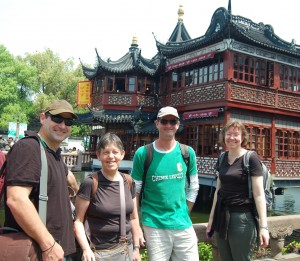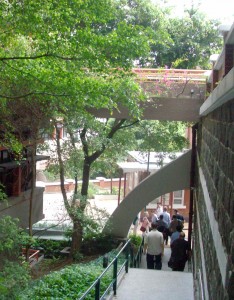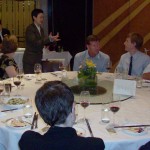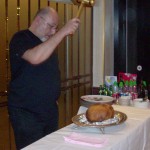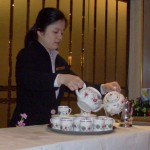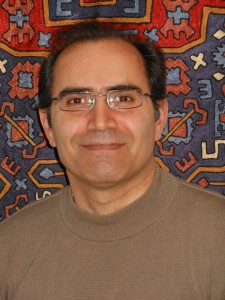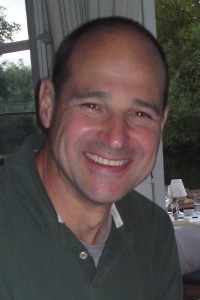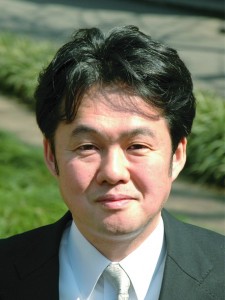New Journal of Chemistry is proud to welcome three new Board Members. They will take part in the future development of the journal with their colleagues on the board. To get to know them, here is some information about our new members.
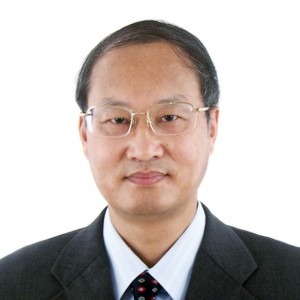
Dai-Wen Pang from Wuhan University, PR China
Dai-Wen PANG (庞代文) was born in 1961 in Songzi, China. Luojia Professor of Chemistry and Director of the Key Laboratory of Analytical Chemistry for Biology and Medicine at Wuhan University, his research interests focus on the development of new nanobioprobes and nanobioprobe-based methodologies for biomedical research and clinical diagnosis, especially quantum dot-based dynamic biotracking and bioimaging for virus invasion, tumor metastasis and cancer diagnosis. Dai-Wen has over 200 publications in peer-reviewed journals.
Dai-Wen earned both his B.S. in Chemistry (1982) and Ph.D. in Physical Chemistry (in 1992, under the direction of Profs. Chuan-Sin CHA and Zong-Li WANG) at the University of Wuhan. Appointed in 2011 as Chief Scientist by the Ministry of Science and Technology of China to work on the Project of National Basic Research Program of China, he will bring to the Board all of his experience and knowledge. Among his various distinctions, Dai-wen received the First Award of the Natural Science Prize of the Ministry of Education of China (2006) and most recently the distinction of National Outstanding Scientist (2012).
Dai-Wen’s reaction on accepting his nomination: “It is really my honor to be an NJC Editorial Board member. In my opinion, chemistry should intercross with other disciplines, especially, it should get into life sciences. We chemists should be able to contribute to the fight against diseases such as viruses, cancers and so on. We have great opportunities at the interfaces among chemistry, biology, and nanoscience. I will try my best to promote interdisciplinary study of chemistry with biology, medicine, and nanoscience etc..”

Christina Moberg of KTH, Stockholm, Sweden
Christina MOBERG was born in 1947. Full Professor at the KTH School of Chemical Science and Engineering, Organic Chemistry Department in Stockholm since 1997, she obtained her B.Sc. at the University of Stockholm and her Ph.D. at KTH (Royal Institute of Technology) in Stockholm with Prof. Martin Nilsson. Her research interests are centered on asymmetric metal catalysis and concern mainly the development of selective synthetic methods. Christina’s special interests are to determine the role of symmetry in asymmetric reactions and in the design of self-adaptable ligands.
Christina has received several awards, such as the “Göran Gustafsson Prize” from the Swedish Academy of Sciences, the “Sixten Heyman Prize” from Gothenburg University and the “Ulla and Stig Holmquist Prize” from Uppsala University; Christina was also awarded the Rosalyn Franklin Lecture tour in Britain in 2005. She has been “knighted” by the French President into the French National Order of Merit in 1999. Member of the Royal Swedish Academy of Sciences and of the Royal Swedish Academy of Engineering Sciences, Christina served as vice-President of the former academy until mid 2011.
Christina feels that Board members and play an important role in today’s scientific community: “As the borders between the traditional sub-disciplines of chemistry are becoming less pronounced, a broad-based forum such as the New Journal of Chemistry has an important role to fulfill. As a member of the Editorial Board I will be happy to assist in future development of the journal. Strict adhesion to ethical guidelines is a prerequisite for the promotion of science, and the Board, together with the authors, reviewers, and Editors, should do its best to ensure that strict ethical rules are obeyed.”
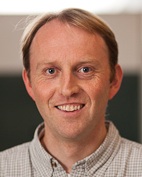
Sijbren Otto from Groningen University, The Netherlands
Sijbren OTTO was born in Groningen in the Netherlands in 1971. Associate Professor in the Stratingh Institute for Chemistry at the University of Groningen in the Netherlands, he received his M.Sc. (1994) and Ph.D. (1998) degrees cum laude from the same university, working in the group of Prof. Jan B. F. N. Engberts. After his Ph.D. he moved to the United States for a year as a postdoctoral researcher in the group of Prof. Steven Regen, investigating synthetic systems mediating ion transport through lipid bilayers. In 1999 he received a Marie Curie Fellowship and moved to the University of Cambridge, where he worked for two years with Prof. Jeremy Sanders on dynamic combinatorial libraries. Sijbren then embarked on an independent research career in Cambridge as a Royal Society University Research Fellow.
Sijbren moved back to the University of Groningen in 2009 and was promoted to Associate Professor in 2011. His research interests are broad and range from supramolecular chemistry to systems chemistry, embracing topics like catalysis, molecular recognition, self-assembly and self-replication. Sijbren was awarded an ERC starting grant in 2011, a VICI grant in 2013 and currently coordinates a Marie Curie Initial Training Network on Systems Chemistry.
Regarding NJC, Sijbren has these thoughts: “I think it is important to support a general chemistry journal carried by non-profit chemical societies in order to maintain the balance between commercial and non-profit journals. At the same time, it is important to safeguard the quality of such journals at a time of an ever-increasing quantity of manuscripts that are produced throughout the world. “
We extend a warm welcome to our three new Board members on behalf of all the actors of the journal! We look forward to collaborating with them in the coming years.
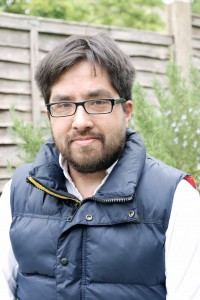 Andre is an Associate Professor of Organic Chemistry in the School of Pharmacy at the University of Reading. He graduated from King’s College London in 1997 and moved to UCL to conduct his Ph.D. research with Professor Charles Marson on the design of new asymmetric catalytic processes. From there he moved to Cambridge to undertake postdoctoral research, first with Dr Florian Hollfelder in the Biochemistry Department, working on the development of synthetic enzymes, and then with Professor Steve Ley in the Chemistry Department in the areas of medicinal chemistry and asymmetric methodology.
Andre is an Associate Professor of Organic Chemistry in the School of Pharmacy at the University of Reading. He graduated from King’s College London in 1997 and moved to UCL to conduct his Ph.D. research with Professor Charles Marson on the design of new asymmetric catalytic processes. From there he moved to Cambridge to undertake postdoctoral research, first with Dr Florian Hollfelder in the Biochemistry Department, working on the development of synthetic enzymes, and then with Professor Steve Ley in the Chemistry Department in the areas of medicinal chemistry and asymmetric methodology.













